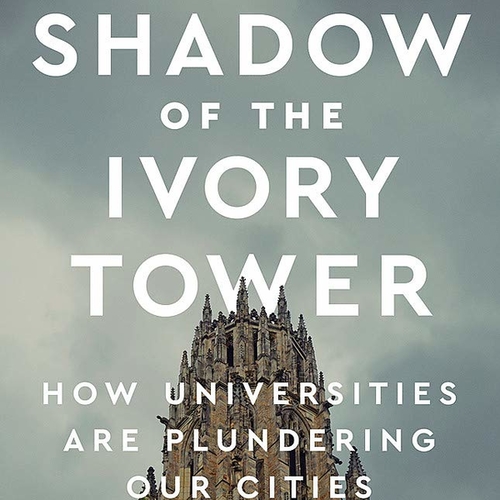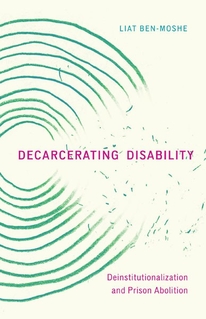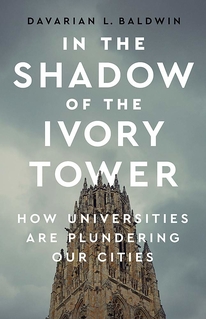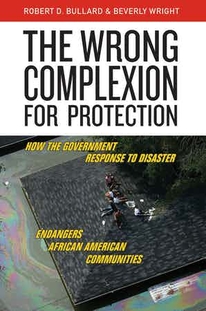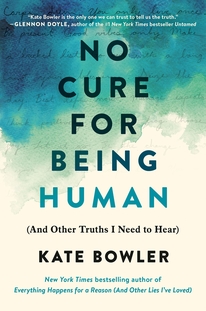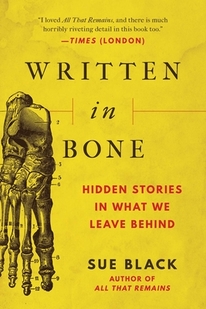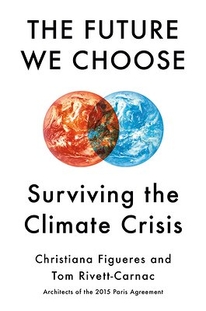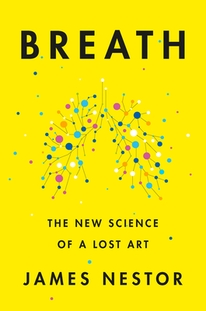IAS Staff and Fellows share books and articles we think you might like, too.
Before we get into our usual recommendations, though, there are two books on our minds that, as a staff, we collectively recommend. These two books are tied to the next two IAS Thursdays we’ll be hosting with Minnesota Transform: A Just University for Just Futures. Paired together, these books have us thinking about coalition building both here at the University and beyond as we work together towards institutional change, justice, and liberation.
Decarcerating Disability:
Deinstitutionalization and Prison Abolition
Liat Ben-Moshe
University of Minnesota Press
EVENT: Thursday, October 21 at 3:30 p.m. CT: Decarcerating Disability: Deinstitutionalization, Disability Justice, and Prison Abolition
Before this Thursday’s roundtable discussion with Liat Ben-Moshe, we recommend you pick up her most recent book Decarcerating Disability: Deinstitutionalization and Prison Abolition for a vital perspective on how disability justice frameworks are essential to broader conversations about abolition. Ben-Moshe further complicates conversations around prison abolition by discussing one way in which it is already a reality—the closure of disability and psychiatric hospitals in the twentieth century—and how connecting deinstitutionalization with prison abolition can help chart a way out of a failing system.
In the Shadow of the Ivory Tower:
How Universities are Plundering Our Cities
Davarian Baldwin
Bold Type Books
EVENT: Thursday, October 28 at 3:30 p.m. CT: Building an Abolitionist University: What Will it Take to Free Higher Education from Its Current Conditions?
Parallel to this conversation runs October 28’s Building an Abolitionist University: What Will it Take to Free Higher Education from Its Current Conditions? with author, historian, and cultural critic Davarian Baldwin, whose most recent book is In the Shadow of the Ivory Tower: How Universities are Plundering Our Cities. Baldwin describes the rise of the UniverCity—where urban universities can no longer simply educate students and foster innovation for the common good (readers may question whether land grab universities were ever truly capable of fulfilling such a mission—whose common good?) Universities ultimately have outsized impact on policing, employment, real estate, health care, and more. This read proves to be a complicated, eye-opening study on the divide between the mission and the machine, and we look forward to having Davarian Baldwin join us soon!
The Wrong Complexion for Protection:
How the Government Response to Disaster Endangers African American Communities
Robert D. Bullard & Beverly Wright
NYU Press
Robert D. Bullard, known in many circles as the father of environmental justice, was part of my early introduction to questions of unevenly distributed environmental risk, health inequities, and environmental racism many years ago. I’m currently reading The Wrong Complexion for Protection: How the Government Response to Disaster Endangers African American Communities (2012), a book he co-authored with Beverly Wright, in anticipation of his lecture at the University of Tennessee Humanities Center. The Wrong Complexion for Protection analyzes government responses to a range of “natural” (hurricanes, droughts, etc.) and human-induced (industrial accidents, bioterrorism, etc.) disasters to demonstrate the systemic racism embedded in government and policy practices. Bullard and Wright use an environmental justice framework to explain “human vulnerability to disasters is caused not only by the natural environment but even more by the social, political, and economic environment” and in America, this means that BIPOC communities are disproportionately burdened (49). What I find most compelling about this book, however, is that Bullard and Wright draw attention to the institutionalized practices so that they can be disrupted, changed, improved, with an eye toward building squandered trust. “Eliminating disparities and providing equal protection will make us a stronger and healthier people and nation as a whole.”
On November 1st, 2021 2:30–4:00 p.m. CDT, Dr. Bullard is offering a public lecture titled “The Quest for Environmental and Climate Justice” as part of the University of Tennessee Humanities Center Tenth Annual Distinguished Lecture Series. You can find more information and register for the event on the UT Humanities website.
—Laurie Moberg, Editor of Open Rivers and Project Manager for the Mellon Environmental Stewardship, Place, and Community (MESPAC) Initiative
No Cure for Being Human (and Other Truths I Need to Hear)
Kate Bowler
Random House
As much as you can enjoy a book about cancer and the pandemic, I enjoyed No Cure for Being Human. Written by Duke faculty member Kate Bowler, she reflects on her own battle with stage IV cancer, and then the world getting hit by the pandemic. I found it particularly interesting in how it reflects upon her own research on “prosperity gospel” and an American/evangelical ideal of how we can/should will/work/pray ourselves out of problems.
—Brianna Menning, Associate Director for Programs and Communications
Written in Bone: Hidden Stories in What We Leave Behind
Sue Black
Arcade Publishing
Sue Black is a forensic anthropologist and Written in Bone is a wonderful journey through the ways our lives are marked in our bones. She tells wonderful stories of how her work, unpicking these stories, has asked and answered questions, aided in the cause of justice, and has provided peace and grace to many in the face of tragic loss.
—Joanne Richardson, Digital Information Strategist and Open Rivers Production Manager
The Future We Choose:
The Stubborn Optimist's Guide to the Climate Crisis
Christiana Figueres and Tom Rivett-Carnac
Knopf
Breath: The New Science of a Lost Art
James Nestor
Riverhead Books
Two books I'm reading now and really enjoying.
—Ann DuHamel, IAS Residential Faculty Fellow, Fall 2021
